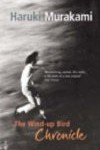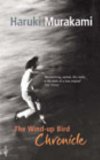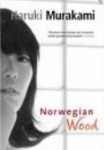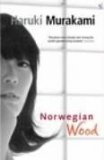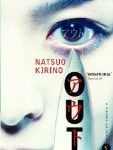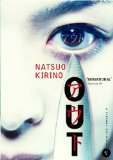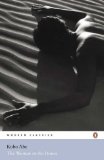
Translated from the Japanese by E. Dale Saunders
The Woman in the Dunes is a classic of Japanese literature. It was first published in 1962 and immediately received critical acclaim. It is said to have influenced Murakami and the new Penguin classics version has an introduction written by David Mitchell, so perhaps you can see why I had to read a copy!
The book focuses on Niki Jumpei, an insect enthusiast, who heads to the sand dunes in the hope of finding a new species of beetle. At the end of a long, fruitless search he looks for somewhere to shelter for the night. He finds a strange village on the dunes and agrees to spend the night in the home of a young widow. In the morning he wakes to find that the rope ladder he climbed down has been removed and he is trapped in the steep-sided sandpit. The villagers force him to shovel the ever-encroaching sand that threatens to bury the village and he wonders if there is any possibility of escape from this nightmare.
This house was already half dead. Its insides were half eaten away by tentacles of ceaselessly flowing sand.
The Woman in the Dunes is a very accessible novel, making it the perfect introduction to Japanese literature. I loved the simple, yet powerful themes present in this book, as we witness one man’s struggle for survival against man and nature. The tone of the book is quite bleak and the scenes are described so vividly that you can almost feel the sand getting into every crevice and crease of your body.
There are many elements of Japanese mythology in this book, but unlike some Murakami it stays grounded in reality (if you consider it realistic to trap people in giant sandpits!). The book is quite short and the suspenseful nature of the plot means that it is a quick read. The simplicity of the story line is the only reason I haven’t rated this book higher. It should become a classic every language, but its fleeting time in my life means that I probably won’t give it much thought in the coming months.
Recommended – especially to those who want to try Japanese literature for the first time.
…a very powerful and intriguing book Tony’s reading List
Extremely provocative, mind-bending, but most of all the uncomfortable. Paper Foxes Run Run
….a bleakly beautiful rendering of nature’s ultimate authority. Incurable Logophilia
Kobe Abe has written several books and I am keen to read more of his work.
Have you read any of Kobo Abe’s books?

